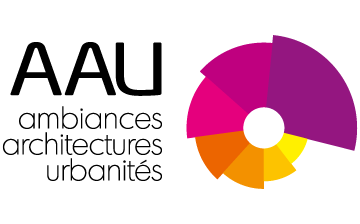L’ambiance comme enjeu politique dans l’espace public de Tunis lors du processus révolutionnaire
The atmosphere as a political issue in the public space of Tunis in the revolutionary process.
ZAIRI Mouna - Thèse de doctorat soutenue en 2016
Encadrement : Henry Torgue (ENSAG) co-directeur de thèse : Jean-Pierre Peneau (ENAU)
FR
EN
